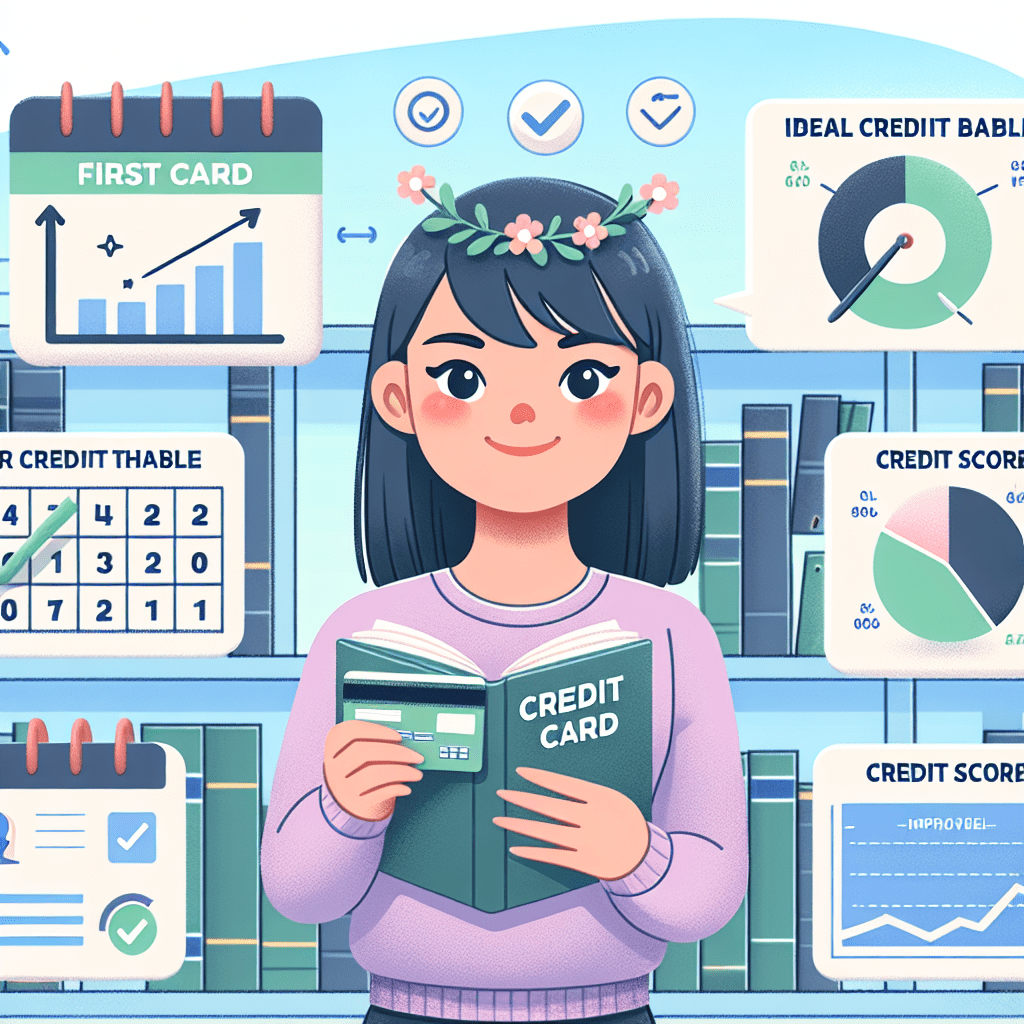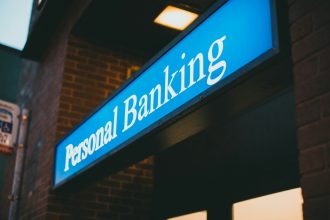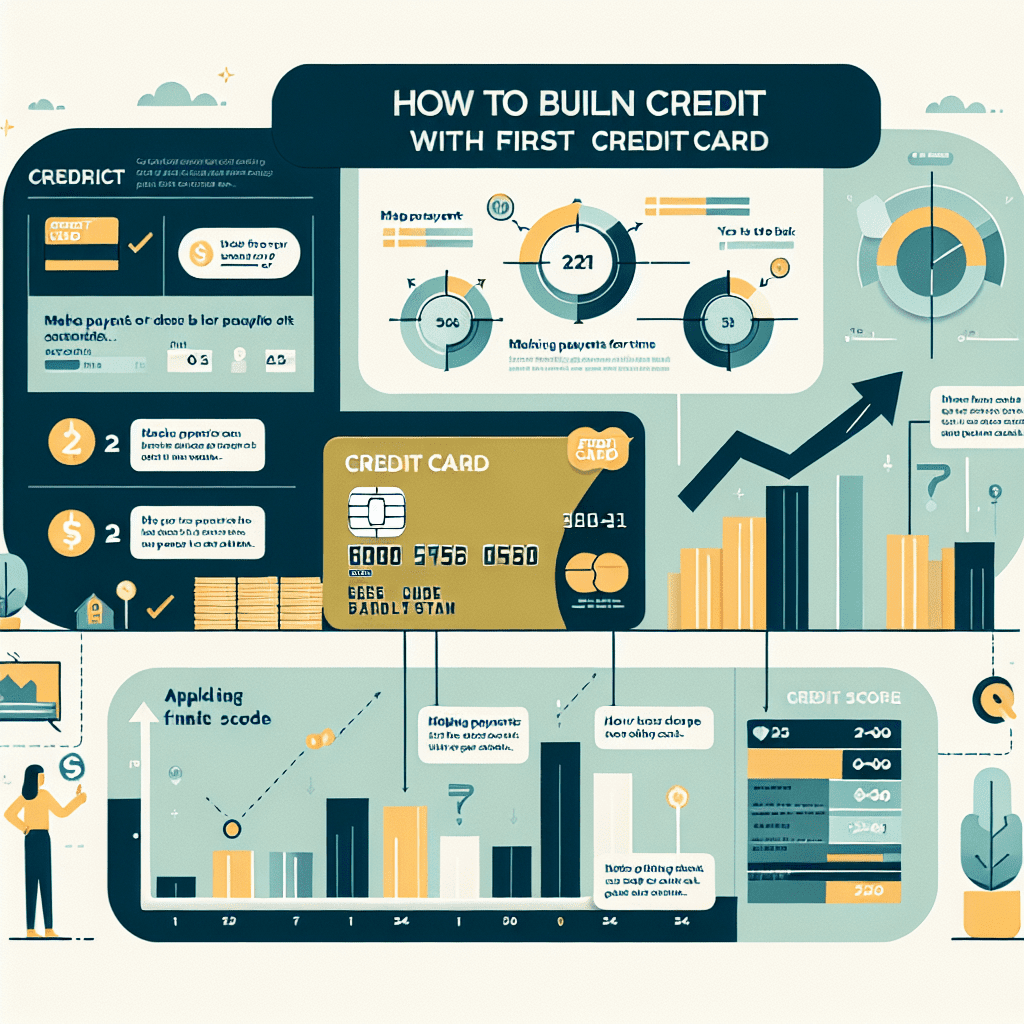Importance of Building Credit with Your First Credit Card
Building credit is an essential step in establishing a solid financial foundation. Your credit score plays a crucial role in your ability to secure loans, rent an apartment, or even land a job. One of the most common ways to start building credit is by obtaining your first credit card. While it may seem daunting at first, using a credit card responsibly can help you establish a positive credit history and improve your credit score over time.
When you apply for your first credit card, it’s important to choose one that is tailored to beginners. Look for cards with low credit limits and no annual fees to minimize the risk of overspending and incurring unnecessary charges. Additionally, consider applying for a secured credit card, which requires a security deposit that serves as collateral for the credit limit. This can be a great option for those with limited or no credit history.
Once you have your credit card in hand, it’s crucial to use it responsibly. Make small purchases that you can easily pay off in full each month to avoid accruing interest charges. By paying your bill on time and in full, you demonstrate to creditors that you are a reliable borrower. This positive payment history will be reflected in your credit report and can help boost your credit score.
Another key factor in building credit with your first credit card is maintaining a low credit utilization ratio. This ratio represents the amount of credit you are using compared to your total available credit. Ideally, you should aim to keep your credit utilization below 30% to show lenders that you are not overly reliant on credit. By keeping your balances low and paying them off regularly, you can demonstrate responsible credit management and improve your credit score.
In addition to making timely payments and keeping your credit utilization low, it’s important to monitor your credit report regularly. Check for any errors or discrepancies that could be negatively impacting your credit score. By staying informed about your credit history, you can address any issues promptly and ensure that your credit report accurately reflects your financial behavior.
As you continue to use your first credit card responsibly, you may be eligible for a credit limit increase or qualify for additional credit cards in the future. These opportunities can help you further establish your credit history and demonstrate your ability to manage credit effectively. However, it’s important to resist the temptation to open multiple credit accounts at once, as this can lower your average account age and potentially harm your credit score.
Building credit with your first credit card is a gradual process that requires patience and discipline. By using your card responsibly, making timely payments, and monitoring your credit report, you can lay the foundation for a strong credit history. Remember that building credit takes time, so be consistent in your efforts and stay focused on your long-term financial goals. With dedication and perseverance, you can establish a positive credit history that will benefit you for years to come.
Tips for Using Your First Credit Card Responsibly

Building credit is an essential step in establishing a solid financial foundation. One of the most common ways to start building credit is by getting your first credit card. However, it’s important to use your first credit card responsibly to avoid falling into debt and damaging your credit score.
When you first receive your credit card, it’s crucial to understand how credit works. Your credit card is essentially a loan that you can use to make purchases. Each time you use your credit card, you are borrowing money from the credit card issuer, which you will need to pay back in full by the due date to avoid interest charges.
To start building credit with your first credit card, it’s important to make timely payments. Payment history is one of the most significant factors that affect your credit score, so it’s crucial to pay your credit card bill on time every month. Setting up automatic payments can help ensure that you never miss a payment.
Another essential tip for using your first credit card responsibly is to keep your credit utilization low. Credit utilization refers to the amount of credit you are using compared to the total amount of credit available to you. It’s recommended to keep your credit utilization below 30% to maintain a healthy credit score. For example, if your credit limit is $1,000, try to keep your balance below $300.
Monitoring your credit card activity regularly is also crucial for building credit. By keeping an eye on your transactions, you can quickly spot any unauthorized charges and report them to your credit card issuer. Additionally, monitoring your credit card activity can help you track your spending habits and identify areas where you can cut back to avoid overspending.
As you start using your first credit card, it’s essential to create a budget to ensure that you can afford to pay off your credit card balance in full each month. By tracking your income and expenses, you can avoid overspending and accumulating debt. Creating a budget can also help you prioritize your spending and save money for future financial goals.
Lastly, it’s important to be mindful of the benefits and rewards offered by your credit card. Many credit cards offer cashback, travel rewards, or other perks for using the card. By taking advantage of these benefits, you can maximize the value of your credit card and potentially save money on purchases.
In conclusion, using your first credit card responsibly is essential for building credit and establishing a strong financial future. By making timely payments, keeping your credit utilization low, monitoring your credit card activity, creating a budget, and taking advantage of benefits and rewards, you can effectively build credit with your first credit card. Remember to use your credit card wisely and avoid falling into debt to ensure a positive credit history.
Common Mistakes to Avoid When Building Credit with Your First Credit Card
Building credit is an essential step in establishing a solid financial foundation. One of the most common ways to start building credit is by getting your first credit card. However, many people make mistakes that can hinder their progress in building a positive credit history. In this article, we will discuss some common mistakes to avoid when building credit with your first credit card.
One of the biggest mistakes that people make when getting their first credit card is overspending. It can be tempting to use your credit card to make purchases that you can’t afford to pay off in full each month. However, carrying a balance on your credit card can lead to high-interest charges and can negatively impact your credit score. To avoid this mistake, it’s important to only use your credit card for purchases that you can afford to pay off in full each month.
Another common mistake that people make when building credit with their first credit card is missing payments. Payment history is one of the most significant factors that determine your credit score. Missing even one payment can have a significant negative impact on your credit score. To avoid this mistake, set up automatic payments or reminders to ensure that you never miss a payment.
Closing your first credit card can also be a mistake when building credit. Closing a credit card can reduce your available credit and increase your credit utilization ratio, which can negatively impact your credit score. Instead of closing your first credit card, consider keeping it open and using it occasionally to keep the account active.
Applying for multiple credit cards at once is another mistake that people make when building credit. Each time you apply for a new credit card, a hard inquiry is made on your credit report, which can temporarily lower your credit score. To avoid this mistake, only apply for credit cards that you need and that you are likely to be approved for.
Maxing out your credit card is another common mistake that people make when building credit. Using up all of your available credit can increase your credit utilization ratio, which can negatively impact your credit score. To avoid this mistake, try to keep your credit card balance below 30% of your available credit limit.
Ignoring your credit report is another mistake that people make when building credit with their first credit card. Your credit report contains important information about your credit history, including your payment history, credit utilization, and any negative marks on your credit. It’s essential to regularly check your credit report to ensure that all the information is accurate and to monitor your progress in building credit.
In conclusion, building credit with your first credit card can be a valuable tool in establishing a positive credit history. By avoiding these common mistakes, you can set yourself up for success in building credit and achieving your financial goals. Remember to use your credit card responsibly, make payments on time, and monitor your credit report regularly to ensure that you are on the right track to building a strong credit history.








